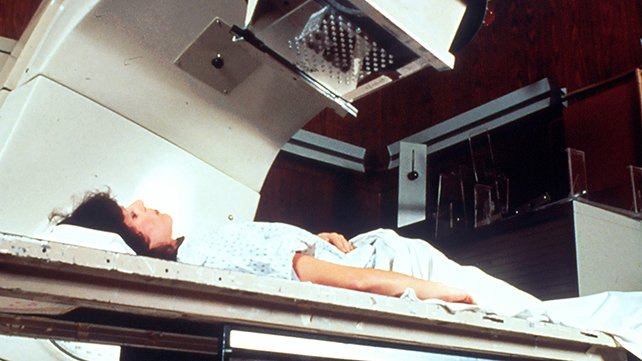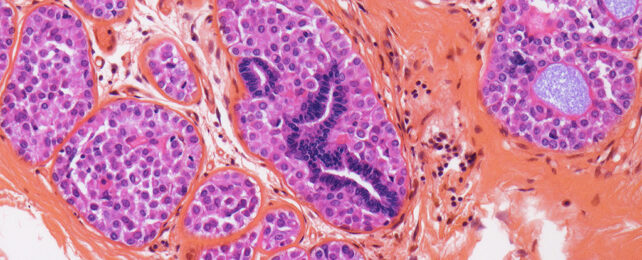We know that a complex combination of factors contribute to Alzheimer's disease risk, including genetics, mental health, and diet. New research suggests that breast cancer survival could be part of the overall picture too.
The new research, led by a team from institutions across South Korea, found that there was an 8 percent lower risk of Alzheimer's in women who have survived breast cancer, based on an average follow-up of 7.3 years.
That may well be down to the effects of radiation therapy, according to the researchers. The findings run counter to some previous studies that have linked cancer treatments to a decline in cognitive abilities – so-called 'chemobrain'.
Related: A Signal of Future Alzheimer's Could Be Hidden in The Way You Speak
"A substantial number of breast cancer survivors report cancer-related cognitive impairment, experiencing difficulties in concentration and memory during and after cancer treatment," write the researchers in their paper.

"However, evidence regarding the risk of Alzheimer dementia among breast cancer survivors remains mixed and inconclusive and may vary by age at diagnosis, treatment received, and time since treatment."
The new study is based on health records of 70,701 patients who had been diagnosed with breast cancer and given treatment for it, compared to 180,360 healthy controls. Across the study period, Alzheimer's incidence was 8 percent lower in the cancer group.
It's not a huge difference: for every 1,000 women followed for a year, the statistics would predict Alzheimer's would develop in 2.45 breast cancer survivors, compared to 2.63 women who hadn't had cancer. The data can't prove direct cause and effect either, because of the observational nature of the research.
Nevertheless, that altered risk level may add up over time and across larger groups, especially when other factors are added in. The clearest statistical significance for the risk reduction was in the over-65s, due to there being more cases of Alzheimer's in older people.
The stats showed the risk reduction was greatest for those given radiation treatment for cancer, and that the risk reduction disappeared over time. That suggests this type of treatment may have effects we don't fully understand, although radiation therapy has previously been associated with reducing inflammation in the brain.
"The risk of Alzheimer's dementia is a crucial aspect of overall well-being among breast cancer survivors," write the researchers.
"Concerns about chemobrain and the long-term adverse effects of breast cancer treatment on cognition are common, but our findings suggest that this treatment does not directly lead to Alzheimer's dementia."
Breast cancer survival rates continue to improve. If it's detected early, more than nine out of 10 women can expect to survive. However, it also remains the most common cancer in women in most countries.
This latest research adds some useful extra context to the health issues and complications that might result from breast cancer and its associated treatments, especially in later life – and to ways we might ultimately be able to prevent Alzheimer's from developing.
"Breast cancer survivors may have a slightly lower risk of Alzheimer's dementia compared with cancer-free individuals, potentially influenced by cancer treatments, underscoring the need for further research on long-term neurocognitive outcomes in this population," write the researchers.
The research has been published in JAMA Network Open.
